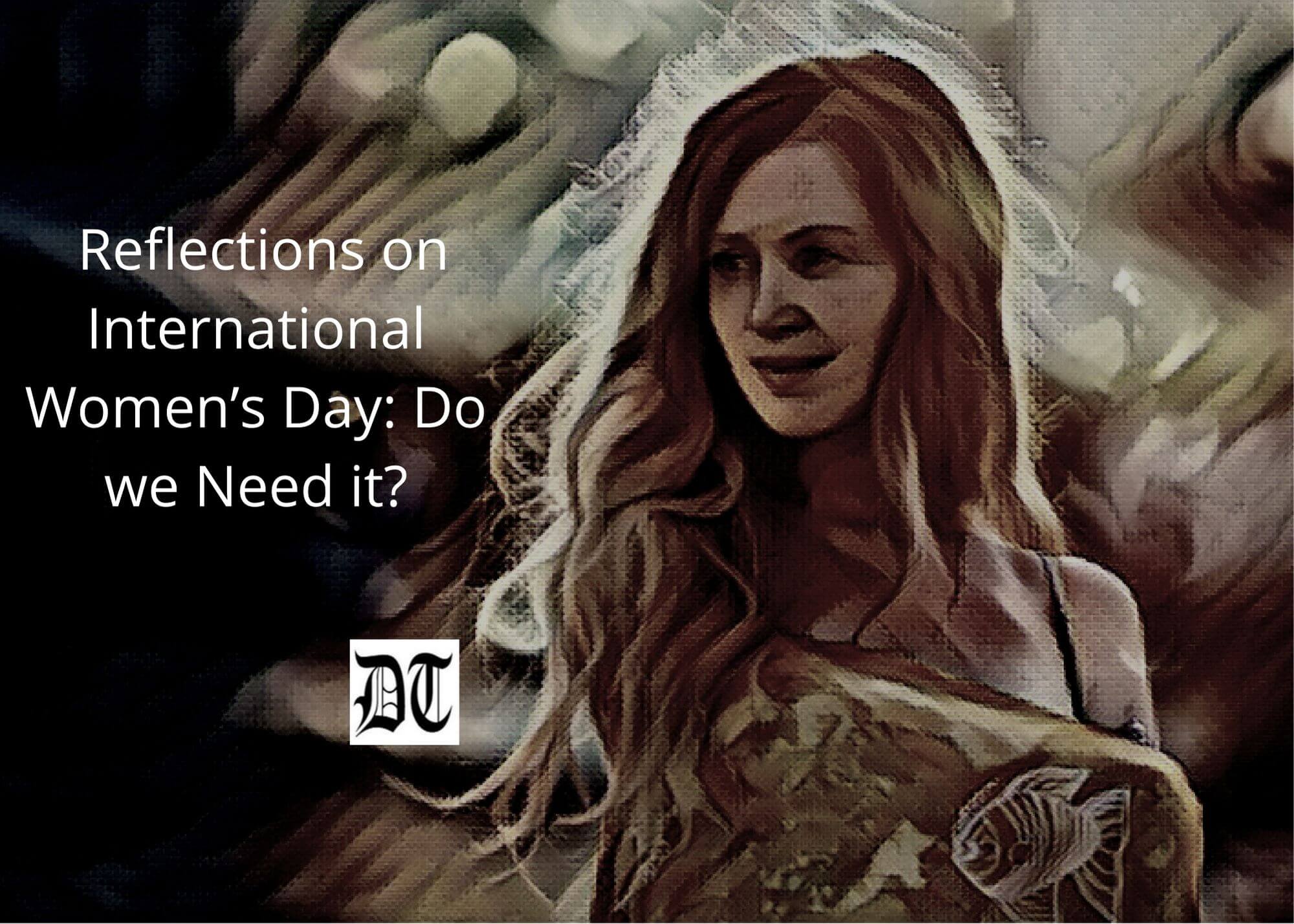Legal stalwarts and eminent personalities like former Lok Sabha speaker Somnath Chatterjee and former Attorney-General of India Soli Sorabjee have expressed great condemnation towards the step taken by the judges. The act has been criticised on the grounds of shaking the base of faith in the judiciary and involving politics. The mutiny has been stated to wrongly interfere with the administrative functioning of the judiciary. But, Subramanian Swamy supported the protest, points out Vedatrayee, a young lawyer-activist, takes a hard look at the crisis, exclusively for Different Truths.
On 12th January 2018, the four senior most sitting judges of the Supreme Court, Justice Chelameshwar, Justice Ranjan Gogoi, Justice Madan B. Lokur and Justice Kurian Joseph, the most senior after the CJI, staged an open mutiny against the Chief Justice of India, Dipak Misra, the apex judicial authority of the country and nothing less than, if given the liberty to state, the Almighty in the Temple of Justice, by holding a press conference and publishing a seven-page letter stating all the allegations they have against the CJI of India.
What the largest democracy witnessed in the second week of 2018 is being regarded as mutiny and is nothing short of a judiciary crisis, the first of its kind. The question regarding good or bad comes much later as the fact that an unprecedented act of this momentum has occurred itself poses a big question mark on the working of the highest authorities of the country. The four judges who have gone public and complained against the CJI are not only the senior most judges but also have to their records some exceptional and notably significant judgments.
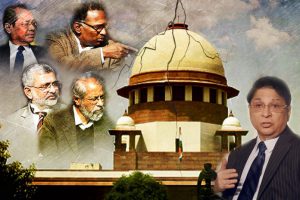 One of the strongest limbs of democracy is the judiciary. The standard of development of any country should be decided on the efficiency of the judicial mechanism of that country. This act has surely shaken the very base of the faith a country should have in the highest judicial and constitutional authority not only because of the legality or the lack of it but because of the peak level of the increasing amount of confrontation and disunity in every arena. India is wasting its energy in standing against each other when it is the call of the hour to unite against the prevailing evils persisting in all nooks and corners. Whatever reason it might be there is no denying it is unfortunate. However, the act is justified or not, in both ways it is a blow towards the existence of the judiciary system. If it is justified then it exhibits the level to which administrative immorality and corruption have risen (or stooped) to. If it is not justified, it does the same!
One of the strongest limbs of democracy is the judiciary. The standard of development of any country should be decided on the efficiency of the judicial mechanism of that country. This act has surely shaken the very base of the faith a country should have in the highest judicial and constitutional authority not only because of the legality or the lack of it but because of the peak level of the increasing amount of confrontation and disunity in every arena. India is wasting its energy in standing against each other when it is the call of the hour to unite against the prevailing evils persisting in all nooks and corners. Whatever reason it might be there is no denying it is unfortunate. However, the act is justified or not, in both ways it is a blow towards the existence of the judiciary system. If it is justified then it exhibits the level to which administrative immorality and corruption have risen (or stooped) to. If it is not justified, it does the same!
The allegations brought against the CJI by the learned judges are impropriety, a flawed appointment of judges, improper allocation of cases by CJI and misuse of power and sitting on complaints by the CJI. They went on to state in the press meet that the CJI has failed to provide remedial measures to their grievances and that there is ‘selectively’ assigning cases and that there is a chance that ‘democracy will not survive’.
Legal stalwarts and eminent personalities like former Lok Sabha speaker Somnath Chatterjee and former Attorney-General of India Soli Sorabjee have expressed great condemnation towards the step taken by the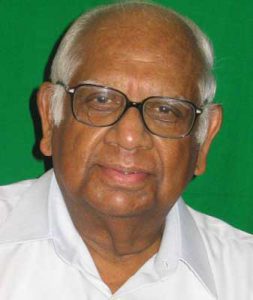 judges. The act has been criticised on the grounds of shaking the base of faith in the judiciary and involving politics. The mutiny has been stated to wrongly interfere with the administrative functioning of the judiciary and it has also been said that the public or the political parties are not capable of making decisions. So public mutiny against the CJI does not serve the real purpose and is just an outcome of a hostile and argumentative attitude that is a new adaptation of the democracy.
judges. The act has been criticised on the grounds of shaking the base of faith in the judiciary and involving politics. The mutiny has been stated to wrongly interfere with the administrative functioning of the judiciary and it has also been said that the public or the political parties are not capable of making decisions. So public mutiny against the CJI does not serve the real purpose and is just an outcome of a hostile and argumentative attitude that is a new adaptation of the democracy.
The learned judges have also stated that cases be distributed as per seniority of the judges. However, a recent research has shown that in the past two decades a major (at least 15 out of 20) number of sensitive and momentous issues of national importance have been assigned to junior judges with good outcomes. These cases include Rajiv Gandhi assassination case, Bofors Scam, Best Bakery, L.K. Advani’s trial in the Babri Masjid demolition case and Sohrabuddin Sheikh’s fake encounter case. All these cases were assigned to ‘select benches’ headed by junior judges. There is almost no evidence which shows seniority of judges is a criterion for allocation of cases.
The four judges, on the other hand, have contended that they had no other choice but were compelled to bring the matter in the public forum as all these internal grievances were addressed in the past but were not paid heed to. The seven-page letter is a means to bring to public notice the methodology of the working of the CJI. According to Subramanian Swamy, lawyer, politician and Member of Parliament in the Rajya Sabha, the judges have done their duty and the issues raised by them are important ones. He 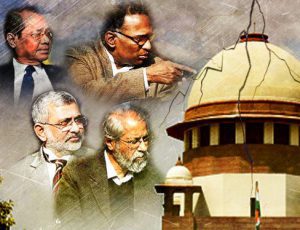 went on to support the judges by stating that the sitting judges in question are not persons of whim especially when one of them is in the line to become the next CJI, there must have been a great deal of agony. The judges were forced to bring the matter to a ‘dangerous forum’ like the press meet for the sake of sustainability of the structure of democracy and it must be considered with seriousness. They seek the intervention of the Prime Minister in this regard. Salman Khurshid, former Union Law Minister, and notable jurist have stated that it is a matter of anguish and pain that the judiciary is split in their approach and although there have been differences, it has now come too far. However, he seeks government intervention in the matter.
went on to support the judges by stating that the sitting judges in question are not persons of whim especially when one of them is in the line to become the next CJI, there must have been a great deal of agony. The judges were forced to bring the matter to a ‘dangerous forum’ like the press meet for the sake of sustainability of the structure of democracy and it must be considered with seriousness. They seek the intervention of the Prime Minister in this regard. Salman Khurshid, former Union Law Minister, and notable jurist have stated that it is a matter of anguish and pain that the judiciary is split in their approach and although there have been differences, it has now come too far. However, he seeks government intervention in the matter.
The crisis has created a huge vacuum in the integrity of the highest institution of the democracy. When the justice rendering authority is seen to be fighting amongst themselves and the rise of uncanny differences, little hope is left to the masses of the country. It is not possible to give an extreme view for either side. The issue must be dealt with at a sensitive level. The root must be reached to solve the crisis and the sooner it is done the better, especially at a time when India is need of a strong judicial mechanism, which is transparent and mass friendly. As far as the question of whether this event serves any purpose in the long run and whether it succeeds in bringing a substantial change in the mindset of the people working in the authority and the true power of democracy is a matter of time and the manner in which the situation will be dealt with.
©Vedatrayee Dutta
Photos from the Internet
#DemocracyInCrisis #IndianJudiciary #Judges #PowerOfDemocracy #SupremeCourt #SomnathChatterjee #LegalEagle #DifferentTruths

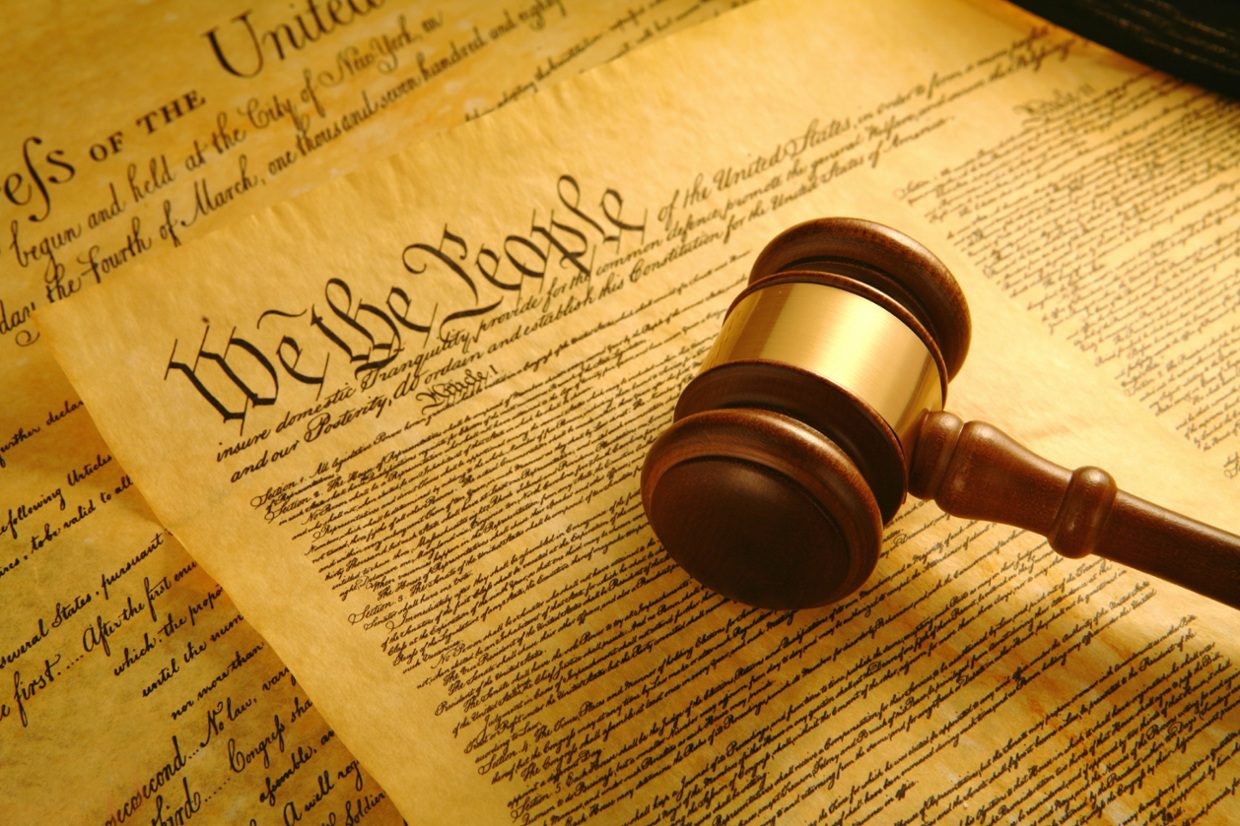


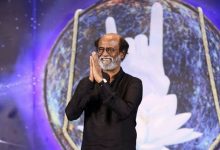

 By
By